African Town: A Cover Reveal and Interview with Charles Waters and Irene Latham
When the book Can I Touch Your Hair? was first released, I remember the buzz, the pushback, how it was embraced, and how it was discussed. What I don’t remember is how it was ignored. Writing partners Charles Waters and Irene Latham have, since that book, really established themselves as true collaborators and I find that their subject matter is consistently fascinating. So when editor Stacey Barney approached me about doing the cover reveal on their latest title African Town, I was distinctly curious. Then she told me that the book is about the last slave ship to come to the American shores and how the legacy of that ship is embodied in African Town, a community that still exists to this day and was founded by former slaves after the Civil War.
Now I wasn’t merely intrigued. I was filled to the brim with questions. Not content to simply display a cover, I present to you a conversation with Charles and Irene about their research, their inspiration, and what we can learn about African Town today.
ADVERTISEMENT
ADVERTISEMENT
Betsy Bird: Thank you both for joining me today and for answering my queries! I think the most burning question I have right at the start is how this book came to be. Who’s idea was it? How did this history come to your attention?

Irene Latham: As a nearly 40-year Alabamian, I am always on the lookout for backyard Alabama stories. I’m embarrassed to say I hadn’t heard of Africatown or the Clotilda until Charles and I were presenting at Alabama Book Festival (Montgomery, Alabama) in the spring of 2019. I learned on the flyer that at the very same time we were presenting to teachers about Can I Touch Your Hair? Poems of Race, Mistakes, and Friendship, another group was learning about this amazing history. That same day I bought a copy of the book Dreams of Africa in Alabama: The Slave Ship Clotilda and the Story of the Last Africans Brought to America by Sylviane A. Diouf. Not long after, I shared the story with Charles, and we got started writing poems.
BB: Joycelyn Davis, a direct descendant of Oluale, provides the introduction to this book. How did you connect with her for this project?

Charles Waters: We connected with Joycelyn, a sixth-generation granddaughter of Oluale, whose American name was Charlie Lewis, and his wife, Maggie, thanks to an enriching e-mail correspondence with Africatown resident Major Joe Womack, USMCR (ret.). Major Womack is the president and CEO of C.H.E.S.S. http://www.africatown-chess.org/, an organization dedicated, according to their website, to making sure that “the Africatown community, in Mobile, Alabama is Clean, Healthy, Educated, Safe, & Sustainable,” and for which Joycelyn serves as the Community Engagement Officer. When we asked Major Womack to refer us to someone in the community who might be willing to write our introduction to the book, he suggested Joycelyn—whom we had been introduced to by attending (virtually) the Spirit of Our Ancestors Festival earlier this year, an annual event which Joycelyn heads up. We loved connecting with her a few months ago via Zoom, and we look forward to meeting her in person at some point in the near future. What a dignified, funny, and inspiring human being!
BB: The work is one of historical fiction. Was there ever any consideration of making this a nonfiction title, or was it pretty clear from the start that you wanted to inhabit the hearts and minds of the characters more directly?

IL: From the get-go we knew we wanted to create a verse novel in multiple voices, in the vein of a book we both admire: The Watch That Ends the Night: Voices from the Titanic by Allan Wolf. Only in fiction can you give a voice to an iceberg as Allan did, or to the Clotilda, as we did. Fiction allows writers the freedom to fill in the gaps, and inhabiting these characters, their emotions, motivations and choices, offered us a powerful exercise in empathy. Why did they do what they did? How did they feel? What got them through the terrors and tragedies? It’s not only time travel, it’s a way to become a better human.
BB: Tell me a bit about your process. Different people work together in different ways, after all. How do you two typically work together on a book?

CW: I’ve said it before and I’ll say it again, thank goodness for 21st century technology! We do all of our joint writing now on Google Docs, which is an excellent tool because both of us can work independently inside an active document in real time. Sometimes we’ll also hammer away at a problem over the phone, with both of us making corrections in the manuscript. It can be intense in the best way!
BB: What kind of research did you do while writing this book?
ADVERTISEMENT
ADVERTISEMENT
CW: In addition to the usual reading of books, online research, and tracking down people, we were also able to do on-site research, which really impacted us. For example: in late February 2020, about two weeks before the country shutdown due to the pandemic, Irene and I traveled to Mobile, Alabama, do research at the Local History & Genealogy – Mobile Public Library, and also to take a tour of Africatown and the surrounding areas, courtesy of the Dora Franklin Finley African-American Heritage Trail. https://www.dffaaht.org/ We visited the church the shipmates created, drove down Meaher Avenue, and communed with Kossola at his grave. We also had a chance to visit and meet with some outstanding humans at the tail-end of the annual Spirit of Our Ancestors Festival.
BB: From what I can tell, each character speaks in a different poetic form. Why was that important to you?

IL: The short answer is, we are both poets first. One of the great benefits of poetry is how you can do more with less. Poetry has a way of slicing right through the gristle, delivering a story in a powerful and accessible manner. We wanted nothing to get in the way of readers discovering this rich, heartbreaking, and triumphant history. Also, in really practical terms, choosing a different form for each character helped us to create more distinction between the voices—something both challenging and fun!
BB: And finally (if you can say) what are you working on next?
CW: In addition to our separate projects, we have a picture book called Be a Bridge (Carolrhoda/Lerner) which takes some of the concepts broached in Can I Touch Your Hair? Poems of Race, Mistakes, and Friendship—or as we’ve been calling it, CITYH?—only this time geared for Pre-K – 2nd grade readers. Release date: Fall ‘22.
We’re also excited about curating our first children’s poetry anthology, tentatively titled If This Puddle Could Talk: Poems of Imagination (Candlewick Press). It was an honor and privilege to work with so many talented poets as we shaped the book. We look forward to sharing more about this endeavor in the near future.
IL: Thank you so much for having us, Betsy, and for all you do to connect books with readers.
And now, for your viewing pleasure, the book jacket:

Still curious to learn more? You can read this National Geographic piece on the real ship itself, complete with Kadir Nelson’s art.
Huge thanks to Stacey Barney for allowing me to premiere this cover. Thanks too to Irene and Charles for their thoughtful, beautifully produced answers to my questions.
Africa Town will be on shelves everywhere January 4, 2022. Be sure to look for it then.
Filed under: Cover Reveal, Interviews
About Betsy Bird
Betsy Bird is currently the Collection Development Manager of the Evanston Public Library system and a former Materials Specialist for New York Public Library. She has served on Newbery, written for Horn Book, and has done other lovely little things that she'd love to tell you about but that she's sure you'd find more interesting to hear of in person. Her opinions are her own and do not reflect those of EPL, SLJ, or any of the other acronyms you might be able to name. Follow her on Twitter: @fuseeight.
ADVERTISEMENT
ADVERTISEMENT
SLJ Blog Network
2024 Books from Coretta Scott King Winners
Double Booking | This Week’s Comics
Parsing Religion in Public Schools
ADVERTISEMENT



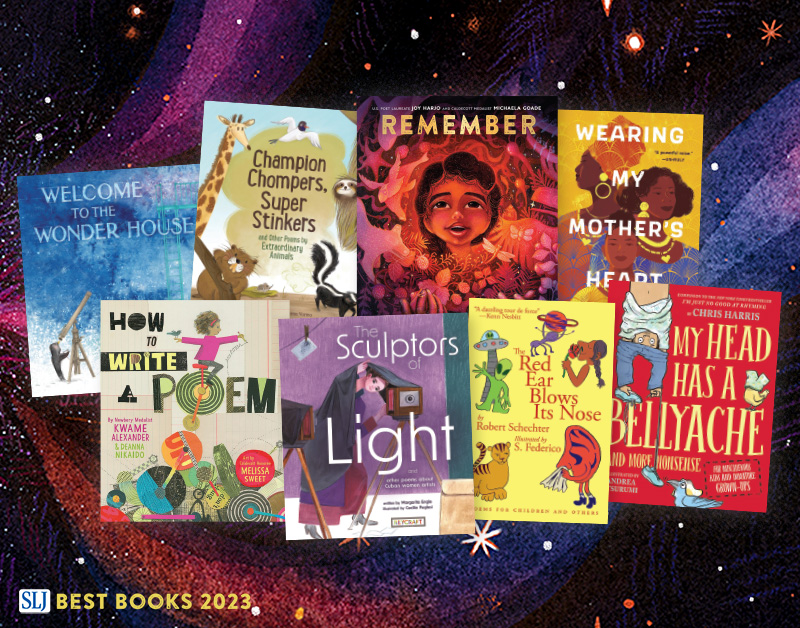
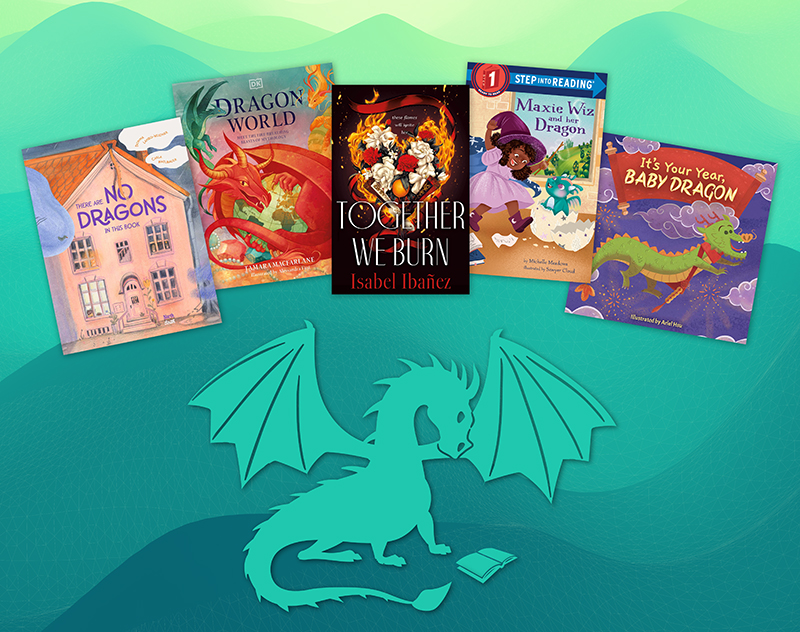
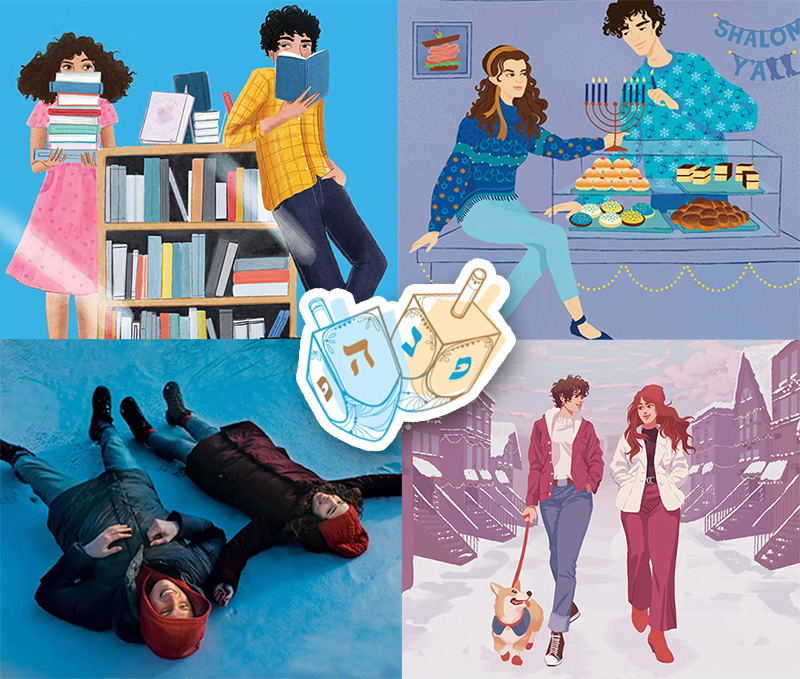
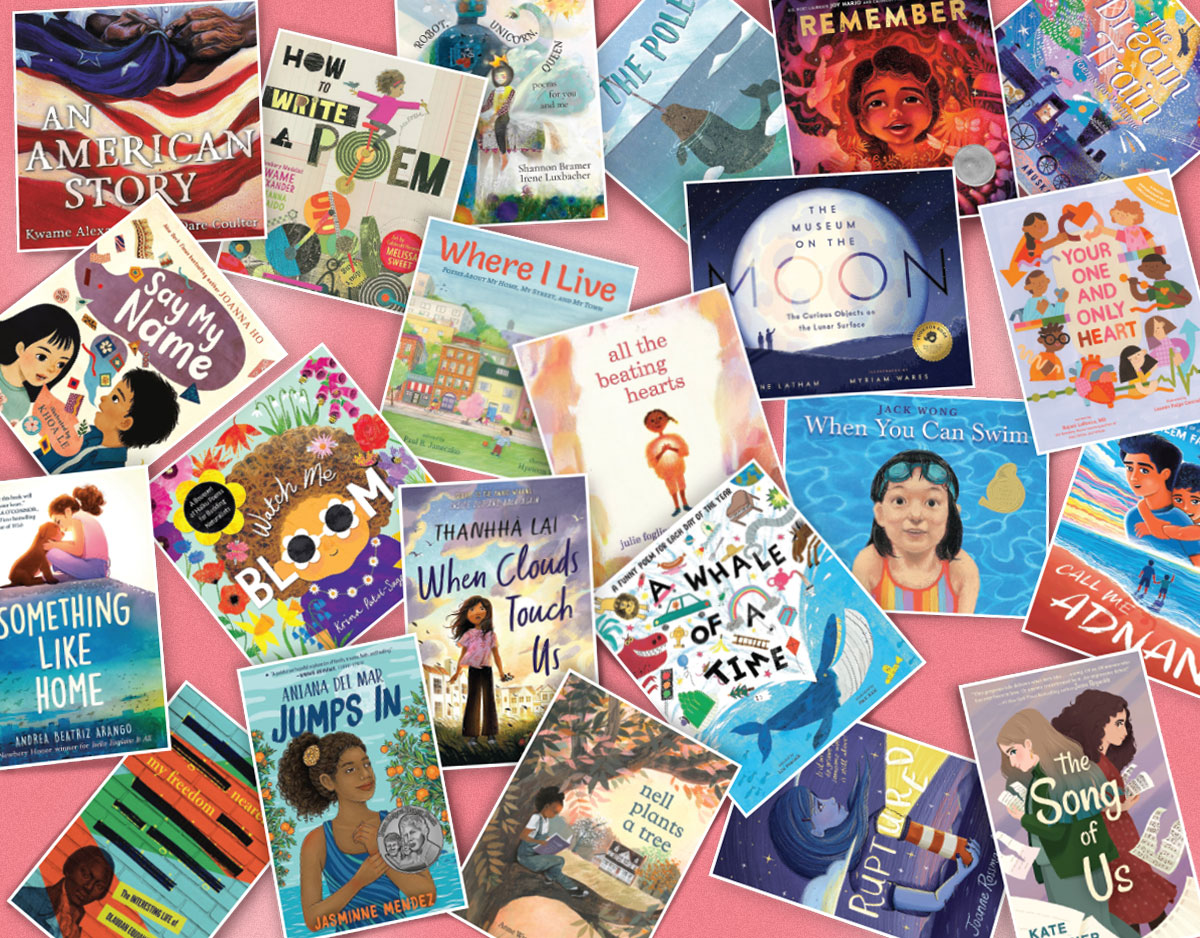
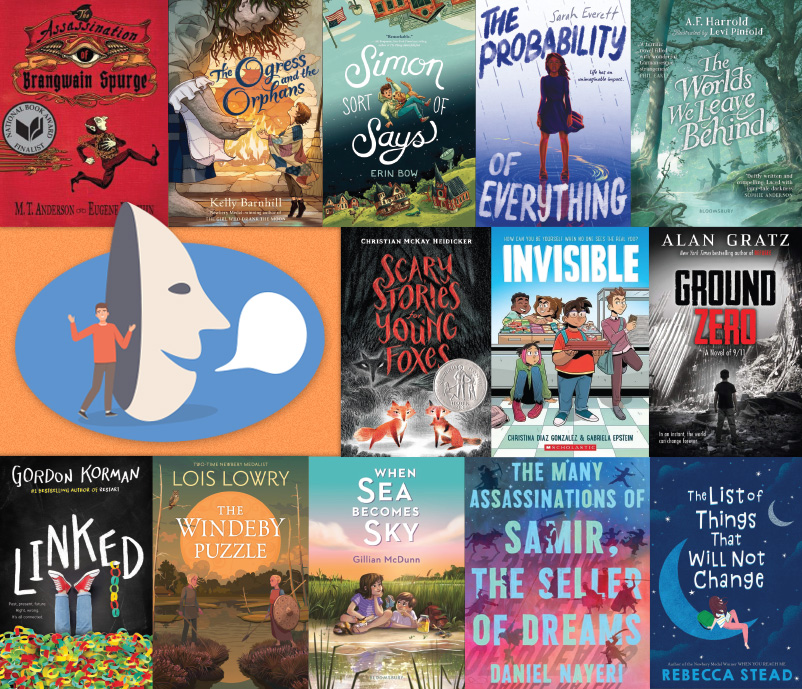
Thank you! I have been waiting for this book to show its cover and can’t wait to read it. Wonderful interview of Irene and Charles. They are a fabulous writing team!
We all look forward to the release of your publication.
Please let us know if you need anything further from the descendants or community leading up to release.
Darron Patterson,
President The Clotilda Descendants Association
800-664-2603
info@theclotildastory.com